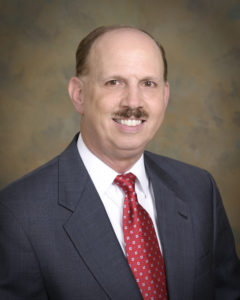New Jersey Appeals Court Says Plaintiffs Don’t Need Presuit Affidavits to Sue LPNs in Medical Malpractice Cases
 By George F. Indest III, J.D., M.P.A., LL.M., Board Certified by The Florida Bar in Health Law
By George F. Indest III, J.D., M.P.A., LL.M., Board Certified by The Florida Bar in Health Law
In a possibly precedent-setting case, on November 9, 2022, for the first time, an appeals court in New Jersey ruled that plaintiffs in medical malpractice cases do not need an affidavit of merit to file claims against a licensed practical nurse (LPNs). The Superior Court of New Jersey, Appellate Division, said that an LPN is not included in the “licensed person” definition under the state’s affidavit of merit statute.
Additionally, the court’s ruling stated that an LPN could not use the absence of such an affidavit to avoid a medical malpractice suit. In this […]


 By George F. Indest III, J.D., M.P.A., LL.M., Board Certified by The Florida Bar in Health Law
By George F. Indest III, J.D., M.P.A., LL.M., Board Certified by The Florida Bar in Health Law By George F. Indest III, J.D., M.P.A., LL.M., Board Certified by The Florida Bar in Health Law
By George F. Indest III, J.D., M.P.A., LL.M., Board Certified by The Florida Bar in Health Law By George F. Indest III, J.D., M.P.A., LL.M., Board Certified by The Florida Bar in Health Law
By George F. Indest III, J.D., M.P.A., LL.M., Board Certified by The Florida Bar in Health Law
